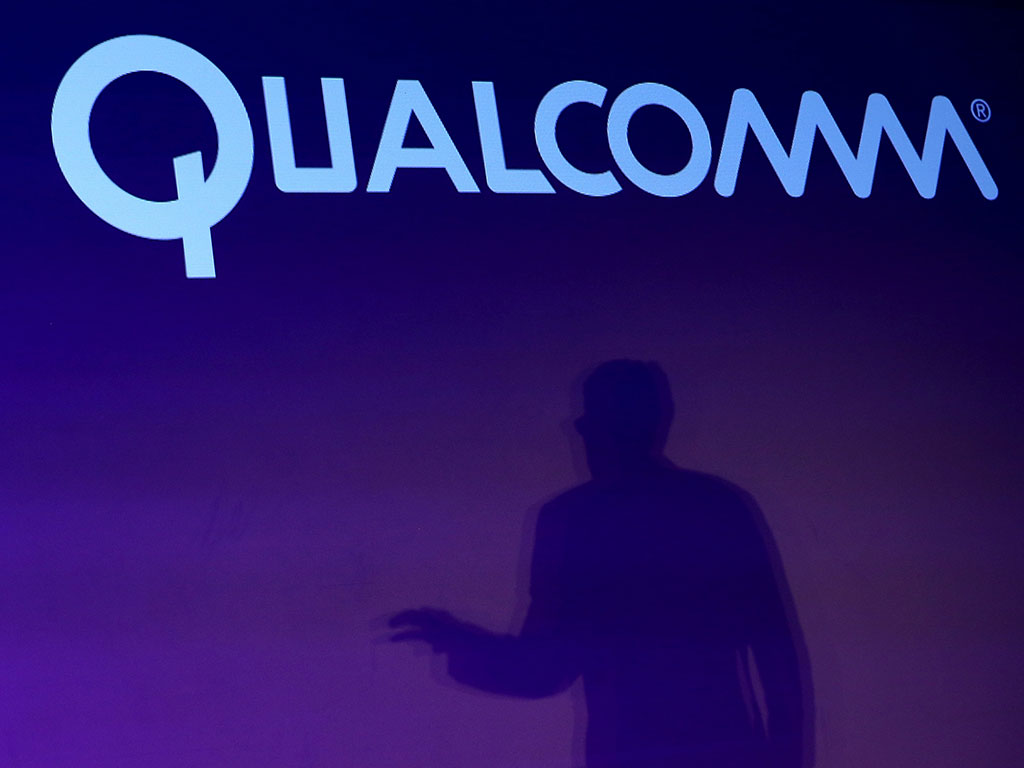China’s Tsinghua Unigroup bids to become world-leading chipmaker
State-owned company Tsinghua Unigroup plans $47bn investments to reduce Chinese dependence on Western chip technology

Tsinghua Unigroup aims to become the third biggest chip manufacturer in the world, dislodging Qualcomm, from the spot and placing it behind market leaders Intel and Samsung
The Chinese state-owned corporation, Tsinghua Unigroup, plans to invest $47bn (300bn yuan) over the next five years in order to build an electronic-chip empire. Its ambitious plans, which were revealed during an interview between the group’s Chairman Zhao Weiguo and Reuters, includes a series of acquisitions, as well as the takeover of an unnamed US chip company. The group aims to become the third biggest chip manufacturer in the world, dislodging Qualcomm, from the spot and placing it behind market leaders Intel and Samsung.
The group aims to become the third biggest chip manufacturer in the world
Its new strategy became public several months after the failed $23bn takeover of US rival Micron Technology, in what would have been the biggest foreign acquisition by a Chinese company in history. The proposed deal had raised national security concerns on the basis that the Micron produces chips for US weaponry systems.
The enormous investment is part of a big drive by the Chinese government to reduce dependence on Western producers and technology, as well as to become a global competitor in the field. Tsinghua Unigroup also hopes to gain a prominent role in the global supply chain of the NAND flash industry, a market that is currently dominated by the top five chipmakers in the world.
To help with this arm of its strategy, the group recently acquired a 25 percent stake in the Taiwanese Powertech Technology, which give it access to technology and resources crucial for testing memory products. The Tsinghua University controlled firm is also preparing to build a 90bn yuan factory to manufacture memory chips – a product that it does not manufacture at present.
Given the rate of mergers and acquisitions, together with the spending power of $47bn, it appears that Tsinghua Unigroup is on an unstoppable course to carve a place for itself in the fast growing but highly competitive global chip industry.













